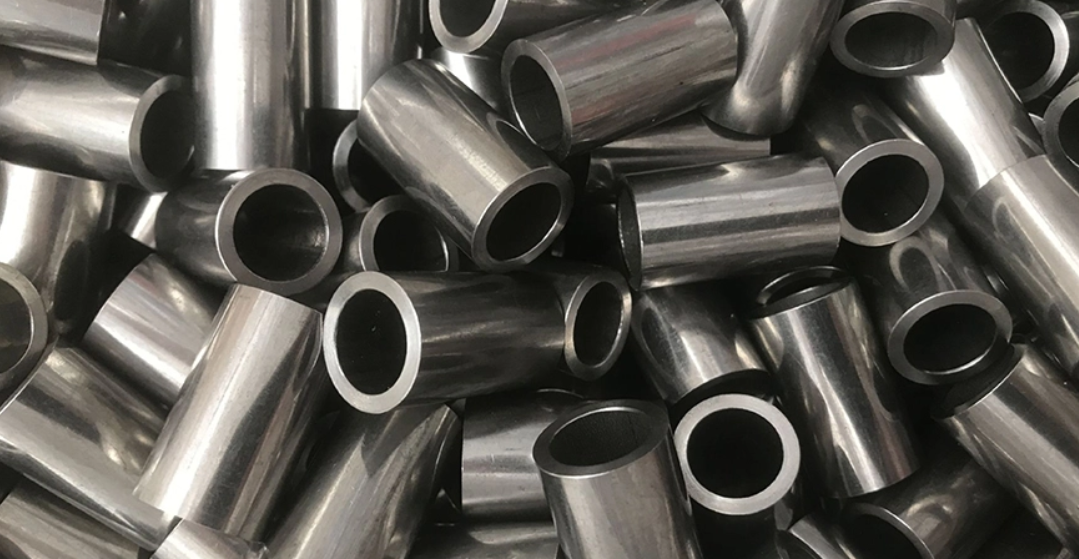Mobile:+86-311-808-126-83
Email:info@ydcastings.com
steel foundries
Steel foundries play a pivotal role in the manufacturing sector, serving as a backbone for various industries that rely on high-quality metal components. These establishments specialize in the casting of steel and its alloys into significant shapes and sizes, which can be further used in diverse applications ranging from automotive parts to intricate architectural structures.
The process of steel foundry work begins with the melting of scrap steel or alloy in a furnace. This molten metal is then poured into molds to form specific shapes. The choice of molding material, the type of furnace, and the method of metal pouring greatly influence the quality and properties of the final product. Modern foundries utilize advanced techniques such as sand casting, investment casting, and die casting, each serving different purposes and industries.
One of the key advantages of steel foundries is their ability to produce complex shapes that are often difficult to create through traditional machining processes
. This capability allows designers and engineers to innovate and create components that maximize functionality while minimizing weight and material usage. Furthermore, steel castings exhibit excellent mechanical properties, making them suitable for high-stress applications in sectors such as aerospace, construction, and energy.steel foundries

Environmental considerations have increasingly come to the forefront of steel foundry operations. Many foundries are implementing green practices to minimize their carbon footprint. This includes using electric arc furnaces, enhancing energy efficiency, and adopting recycling methods for both metal and materials used in the casting processes. By reducing emissions and waste, foundries contribute to sustainable manufacturing practices.
In recent years, the global steel foundry market has faced challenges such as fluctuating steel prices, competition from alternative materials, and stringent regulations. Nevertheless, it continues to adapt and innovate. The integration of automation and artificial intelligence is transforming foundry operations, enhancing productivity and precision. This technological evolution is crucial in maintaining competitiveness in a rapidly changing industrial landscape.
As industries evolve, so too does the need for high-quality castings. Steel foundries are essential in bridging the gap between raw material and finished product, ensuring that clients receive reliable and durable components. With ongoing developments in technology and sustainable practices, the future of steel foundries looks promising as they continue to support global manufacturing and infrastructure needs. In conclusion, the steel foundry industry remains an indispensable part of the larger manufacturing ecosystem, driving innovation while meeting stringent quality standards.
-
Why Should You Invest in Superior Pump Castings for Your Equipment?NewsJun.09,2025
-
Unlock Performance Potential with Stainless Impellers and Aluminum End CapsNewsJun.09,2025
-
Revolutionize Your Machinery with Superior Cast Iron and Aluminum ComponentsNewsJun.09,2025
-
Revolutionize Fluid Dynamics with Premium Pump ComponentsNewsJun.09,2025
-
Optimizing Industrial Systems with Essential Valve ComponentsNewsJun.09,2025
-
Elevate Grid Efficiency with High-Precision Power CastingsNewsJun.09,2025











